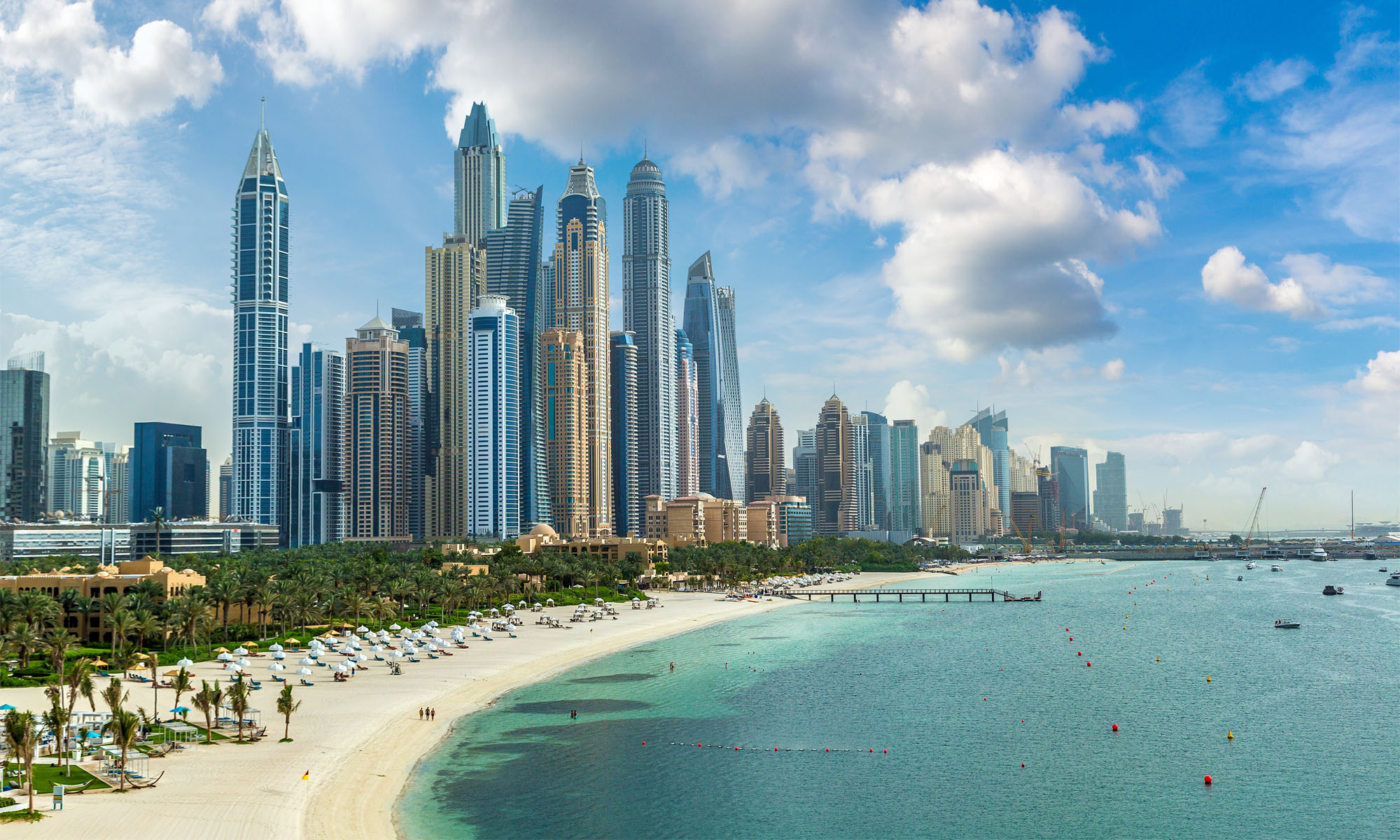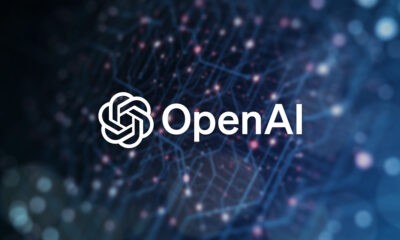News
UAE Will Soon Deploy AI To Prevent Beach Drowning Incidents
The technology will be rolled out across several beaches before the end of this year.

Soon, cameras on UAE beaches will be equipped with a new artificial intelligence-based technology that can help lifeguards monitor swimmers and identify risks.
Blueguard, a Dubai-based water safety and first aid company, is working with a technology provider to equip UAE beaches with artificial intelligence to help lifeguards monitor swimmers and identify risks.
“On a busy day on the beach, there are hundreds of swimmers in the sea and just one or two lifeguards,” explains Luke Cunningham, founder and MD of Blueguard. “This technology can detect how many people are in the water and if any swimmer is in distress. This information is relayed back to the lifeguard”.
Also Read: MIT’s “PhotoGuard” Protects Images From Unauthorized AI Edits
Meanwhile, a wristband is being developed that will function as a beach entrance ticket and locker key. The band will contain a sensor that will raise an alarm if it detects a potential drowning incident.
Cunningham expects the technology to be rolled across several UAE beaches before the end of the year. The news comes as the World Health Organization (WHO) held the first-ever drowning prevention day on July 25th in response to figures showing 236,000 people die from drowning yearly.
News
Mamo Completes $3.4M Funding Round To Enhance Fintech Services
The startup will use the influx of cash to expand into Saudi Arabia and across the wider GCC while improving its product offering.

UAE-based fintech Mamo has announced the completion of a $3.4 million funding round that will help the startup extend its market presence and improve its product offering. Investors included 4DX Ventures, the Dubai Future District Fund and Cyfr Capital.
Mamo’s platform offers “payment collection, corporate cards and expense management” to help small and medium-sized businesses consolidate and streamline their operations. With the latest influx of capital, Mamo will further develop its comprehensive suite of services and begin testing its product lines in Saudi Arabia, further extending its footprint across the GCC.
Imad Gharazeddine, co-founder and CEO of Mamo, stated: “We’ve been in the market for a while now and are incredibly proud of what our team has achieved. The holistic and expansive nature of our product offering has helped us continue to grow sustainably. This additional funding will allow us to reach our medium-term goals even faster. The support from new and existing investors is a testament to our strong expertise and the ability to deliver on our customer promise”.
Daniel Marlo, General Partner of lead investor 4DX Ventures, added: “We have immense trust in Imad’s vision, leadership and Mamo’s innovative approach to provide a user-friendly and comprehensive financial solution for SMEs that makes financial management more accessible and efficient. We are proud to partner with them and support their mission”.
Also Read: A Guide To Digital Payment Methods In The Middle East
Amer Fatayer, Managing Director of Dubai Future District Fund’s investment team, also commented: “Mamo’s localized product lines serve as an infrastructure for SME payments and spend management in UAE, a segment that is underserved by the country’s current banking infrastructure. The team has taken a product-first approach to consolidating SMEs’ financial journeys and building a fintech solution deeply embedded in a business’s core operations”.
To date, Mamo has raised around $13 million in investment funding and now boasts a team of 30 people. The company’s intuitive financial services platform has allowed over 1,000 businesses to consolidate their financial operations and significantly reduce payment fees.
-

 News4 weeks ago
News4 weeks agoAmazon Prime Day 2024: Get Ready For 6 Days Of Amazing Deals
-

 News4 weeks ago
News4 weeks agoSamsung Unpacked 2024: What To Expect From The July 10 Event
-

 News4 weeks ago
News4 weeks agoCoursera Report Shows Surge In UAE Interest In AI Upskilling
-

 News4 weeks ago
News4 weeks agoMeet Dubai’s Groundbreaking Smart Robot Delivery Assistant















